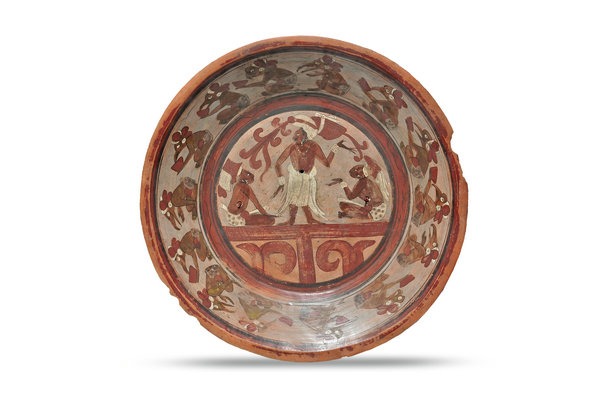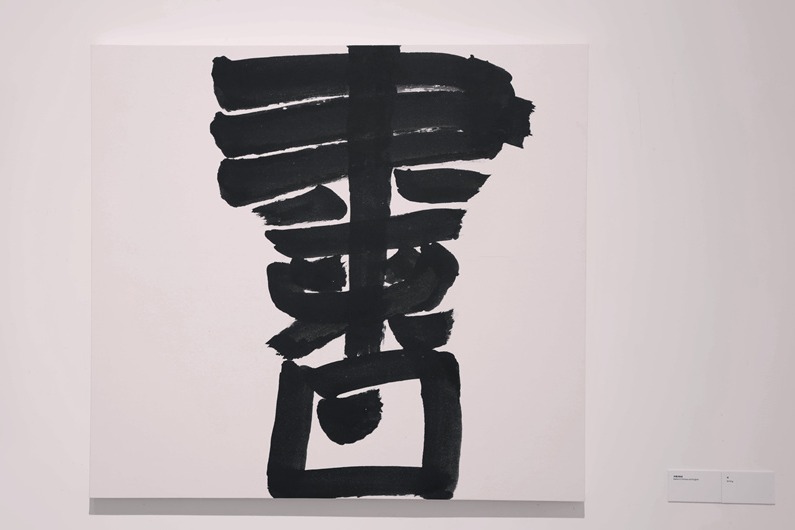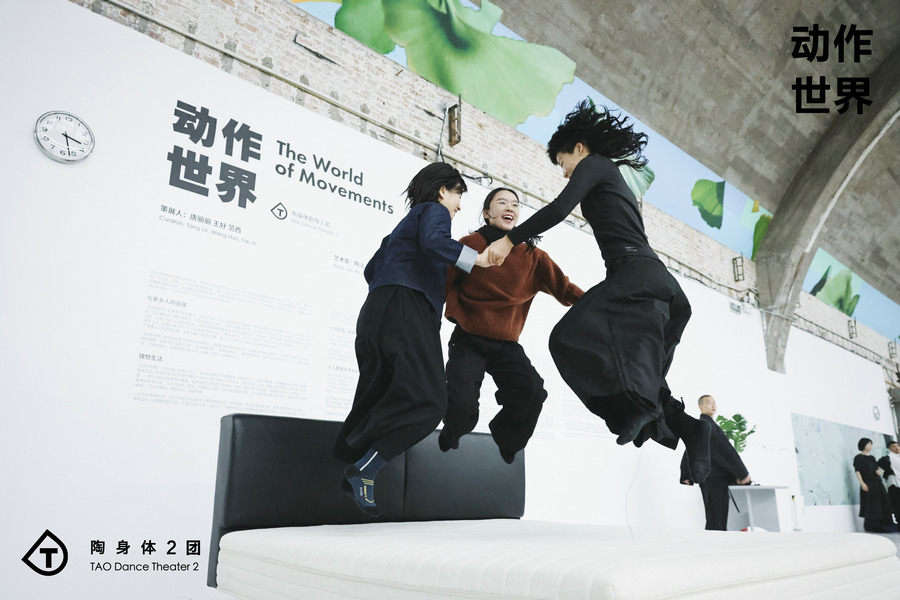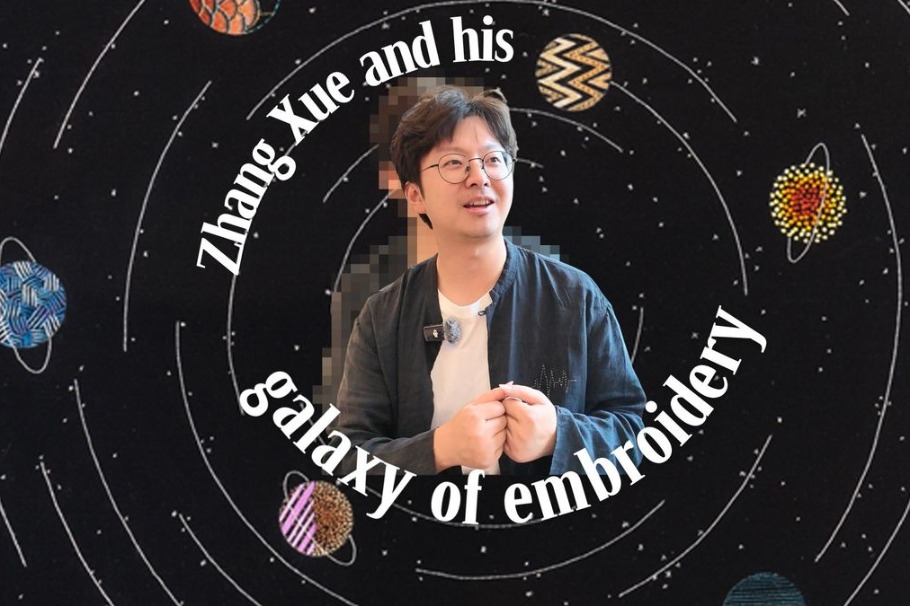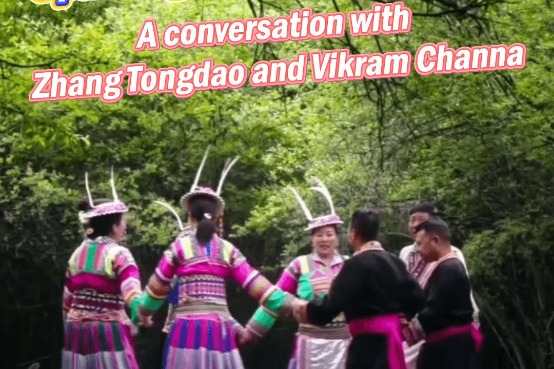Winter Clothing Festival: A day of remembrance and warmth


The Hanyi Festival, also known as Winter Clothing Festival, Ancestor Worship Festival, or October Memorial Day, is an important traditional day of remembrance in China. It is observed annually on the first day of the tenth month of the traditional Chinese calendar. This year, the festival falls on Nov 20.
Together with Qingming Festival in spring and the Zhongyuan Festival in summer, it is one of China's three "ghost festivals". On this day, the living send warmth and care to their departed loved ones through solemn yet heartfelt rituals, expressing love, remembrance and filial devotion.
The origins of the festival trace back to the Zhou Dynasty (c. 11th century-256 BC), when people practiced the custom of bestowing winter garments. The Book of Songs records the line, "In the ninth month, winter clothing is granted", reminding people to prepare for the coming cold. Over time, the first day of the tenth month became known as the Festival of Bestowing Clothes, reflecting ancient concerns for warmth and well-being.
During the Ming Dynasty (1368–1644), Emperor Zhu Yuanzhang reinforced this practice by conducting a formal clothing-granting ceremony at court and offering warm red bean porridge to officials.
The custom gained emotional depth through the legend of Lady Meng Jiang, who traveled thousands of miles to bring winter clothes to her husband building the Great Wall—only to learn he had died. In grief, she burned the clothes she had prepared, letting the flames carry her love to him in the afterlife. Her story inspired later generations to burn paper garments for their own ancestors.
Thus emerged the enduring tradition of "burning winter clothes on the first day of the tenth month".


















